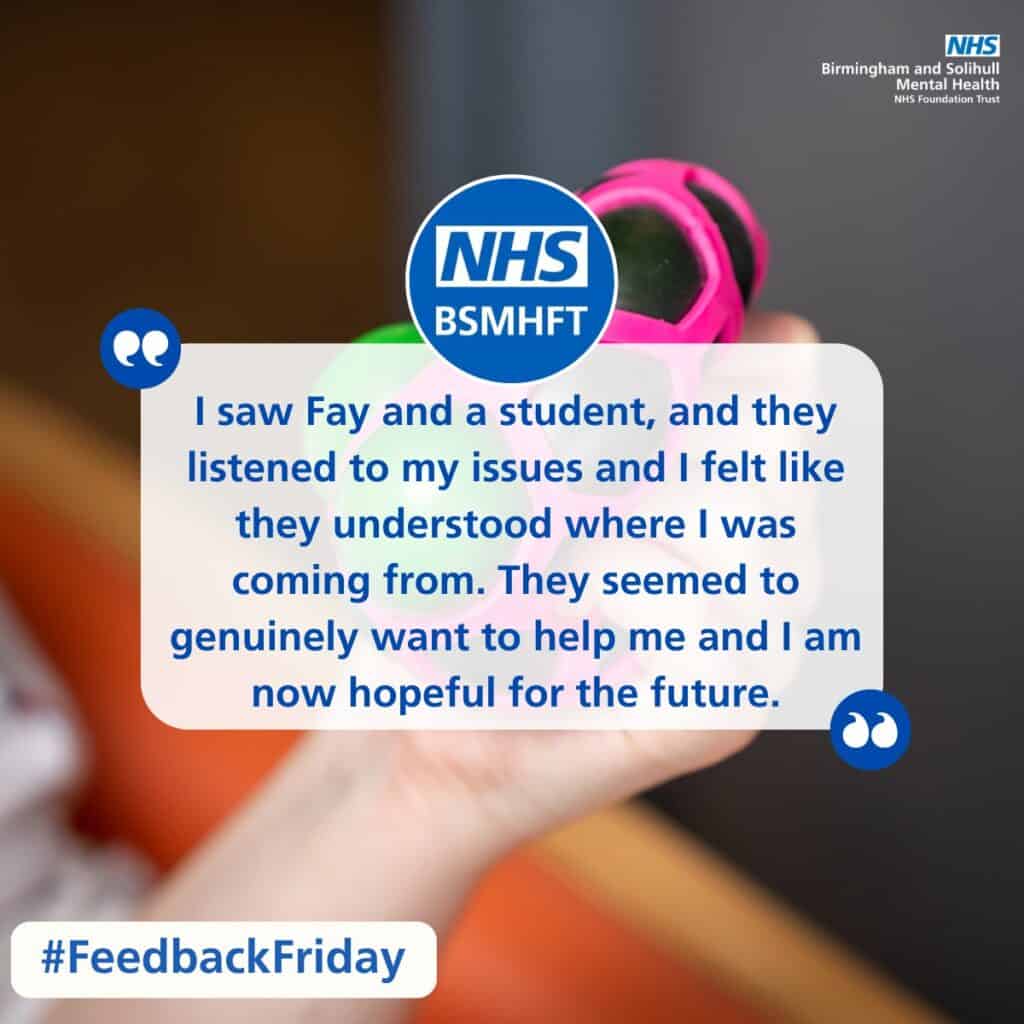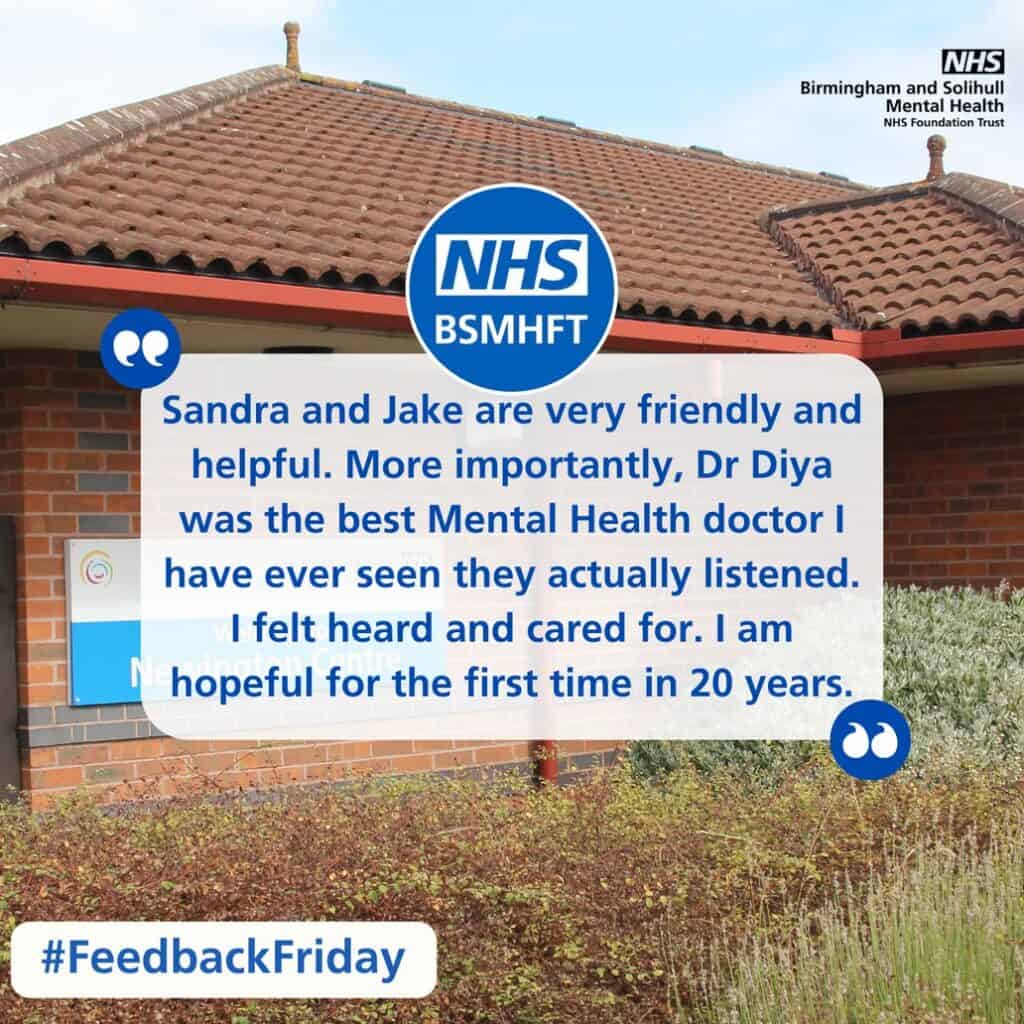This week is Eating Disorder Awareness Week, an annual event that aims to raise awareness of the many different types of eating disorders 1.25million people in the UK battle with each year. The theme this year, is ARFID.
Formally recognised by medical professionals in 2013, ARFID stands for avoidant/restrictive food intake disorder.
It is a largely unknown and misunderstood eating disorder that affects thousands of people across the UK. At BSMHFT, we currently support 329 people with an eating disorder and have seen a slight increase in the number of patients diagnosed with ARFID over the years.
This week, we will be breaking down some of the misconceptions about ARFID by explaining what it is, how to spot the signs, emphasising how dangerous it can be, and where to get the right help if you need it.
Today, we are explaining the basics… what is ARFID?
ARFID, is a condition characterised by the person avoiding certain foods or types of food, having restricted intake in terms of overall amount eaten, or both.
Sara Armstrong, Team Manager at The Eating Disorder Service (TEDS) said:
ARFID is not just ‘fussy eating’, it is a unique type of disordered eating that can have dangerous side effects if left untreated.
Someone with ARFID might be avoiding and/or restricting their intake for several reasons. The most common are:
- Sensitivities to the taste, texture, smell, or appearance of certain foods, or only able to eat foods at a certain temperature
- Choking, vomiting, or experiencing abdominal pain whilst eating
- A low interest in eating, playing with food, or failure to recognise hunger.
It is important to note that unlike other eating disorders, ARFID does not compel a person to obsess over their weight, calorie count, purge, or over exercise.
ARFID can affect anyone, but it is most common in:
- Children and young people aged four-14 years old, though it can happen to anyone at any age
- Boys
- People with anxiety, ADHD and autism.
The Eating Disorder Service (TEDS) operates alongside the Specialist Eating Disorders Service at Forward Thinking Birmingham. If you or a loved one is struggling, help is out there. There are a number of ways to access eating disorders services across Birmingham and Solihull.
If you live in Birmingham:
■If you are aged 0-25 and living in Birmingham, you can ask your GP to refer you to Forward Thinking Birmingham. Further details can be found via their website or by calling 0300 300 0099.
■If you are 25 or over and living in Birmingham, you can ask your GP to refer you to the Eating Disorders Service at BSMHFT’s Barberry Centre.
If you live in Solihull:
■If you are 18 or under and living in Solihull you can ask your GP to refer you to our Solar services, more details on this can be found on our website or by calling 0121 301 2750
■If you are over 18 living in Solihull, you can ask your GP to refer you to the Eating Disorders Service at BSMHFT’s Barberry Centre.
It is always better to seek help at the early stages of an eating disorder rather than when the eating disorder behaviours are well established. Once a referral has been made, you should expect to hear from a member of the clinical team within six weeks.
Published: 26 February 2024










